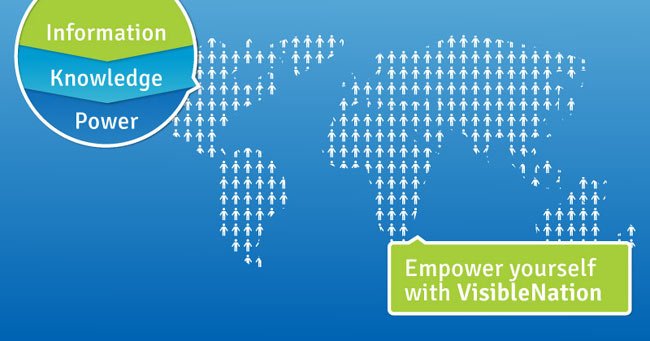Business
Putting big data to work for you
Published by Gbaf News
Posted on July 30, 2013
1 min readLast updated: January 22, 2026

Published by Gbaf News
Posted on July 30, 2013
1 min readLast updated: January 22, 2026

Explore more articles in the Business category











